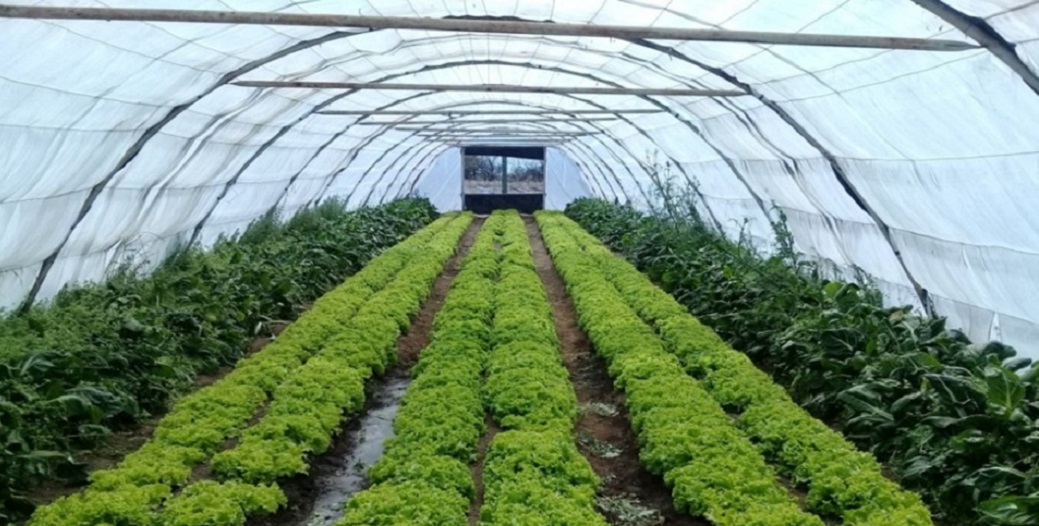
Cristian Álvarez, Alberto Muguiro y Carlos Pechín
Instituto Nacional de Tecnología Agropecuaria (INTA). Estación Experimental Agropecuaria Anguil. Agencia de Extensión Rural General Pico; Argentina
Abstract
In the province of La Pampa, water used for irrigation under cover is derived from aquifers. Common soil problems include sodicity, salinity, loss of organic matter and physical fertility. Lettuce (Lactuca sativa) together with others such as chard (Beta vulgaris) and tomato (Solanum lycopersicum) are the main cultivated crops in the province. Species such as rye (Secale cereale L.) are used to recycle nutrients, incorporate carbon and generate cover. The aim of this work was to quantify and adapt integrative soil and water conservation practices to improve crop productivity and the economic performance of horticultural enterprises, as well as to contribute to the environmental sustainability of intensive systems in Pampean region green belts. The trial was carried out in a greenhouse located at the Regional Centre for Technological Education in General Pico, La Pampa. The treatments were: 1) Absolute control (without cover crop) only with the use of organic fertilizers from the 5th year; 2) cover crop (Rye, Var. Quehué) (CC) incorporated for 8 consecutive years since 2012. Yield kg m-2 was evaluated. Soil samples were taken at 0-20 cm depth, electrical conductivity (EC) and pH were determined and infiltration determinations were made. The pH varied, but no significant differences were obtained in the crop cycles and years evaluated. The incorporation of CC after 10 years significantly improved soil chemical conditions as measured by EC, which contributed to increase productivity with respect to the control by 5 % for lettuce, 15 % for tomato and 10 % for chard. In addition, the total contribution to the system over 10 years was a 30 % increase in the cumulative yield of all the crops evaluated.
Comments are closed.